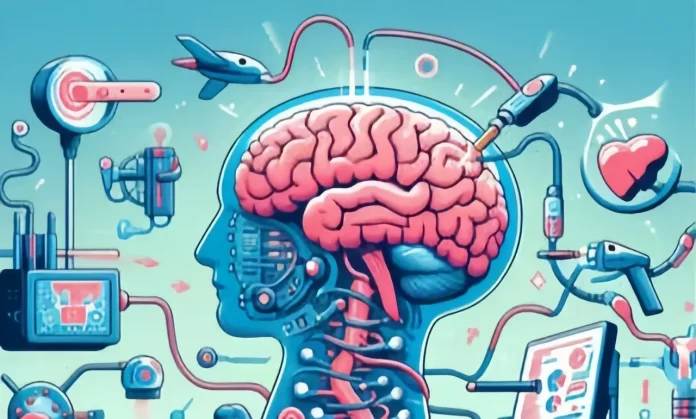Sustaining Brains Beyond the Body: A Revolutionary Leap in Brain Science
In a groundbreaking advancement that seems straight out of science fiction, researchers at the University of Texas in Dallas have successfully kept human brains alive and functional for several hours without being connected to the body. Published in the journal Scientific Reports, the experiment involved using a device called EPCC (extracorporeal pulsatile circulatory control) to maintain normal blood flow in the isolated brains of two pigs, revealing the potential for extended research and insights into brain functionality.
Pioneering Experiments: A Step Beyond Conventional Boundaries
Similar experiments were conducted at MIT University, where circulation was restored to the brains of decapitated pigs for up to 36 hours. This breakthrough challenges conventional notions of death and introduces the concept of reanimating organs, pushing the boundaries of our understanding of life and consciousness.
The BrainEx System: Unlocking New Avenues of Research
Yale University’s BrainEx system played a significant role in these experiments. By creating a closed loop of tubes and reservoirs circulating a red perfusion fluid, the system carried oxygen to vital brain regions. This technological marvel, developed over four years, allows for controlled experiments on brain cells, emphasizing its potential in creating a comprehensive atlas of connections between human brain cells.
Ethical Considerations: Navigating New Frontiers
While these experiments offer exciting prospects for neuroscience, the ethical implications cannot be overlooked. The ability to study the brain independently of the body presents unique opportunities for in-depth research, drug testing, and medical insights. However, ethical dilemmas arise concerning the risk to individuals and the perception of using such technology to evade death, raising questions about responsible applications.
Potential Applications: Advancing Neurological Research and Beyond
Beyond the potential for brain preservation in organ transplants, the isolated study of the brain opens avenues for advancing neurobiology, neuropharmacology, and treatments for various brain-related conditions. The technology could revolutionize drug testing procedures, offering a platform to assess drug effects on the brain without involving living organisms, addressing ethical concerns.
A Balance Between Progress and Ethics: Guiding Future Endeavors
As we stand on the cusp of a new era in brain science, it is imperative to strike a careful balance between scientific progress and ethical considerations. The promise of groundbreaking discoveries and medical advancements should be tempered with a responsible approach to ensure the well-being of individuals and the ethical application of these transformative technologies.
Sources: Times of India, technologyreview.com, MIT, University of Texas
By Soujanya Das Roy
From Kolkata
Reporting for True To Life
